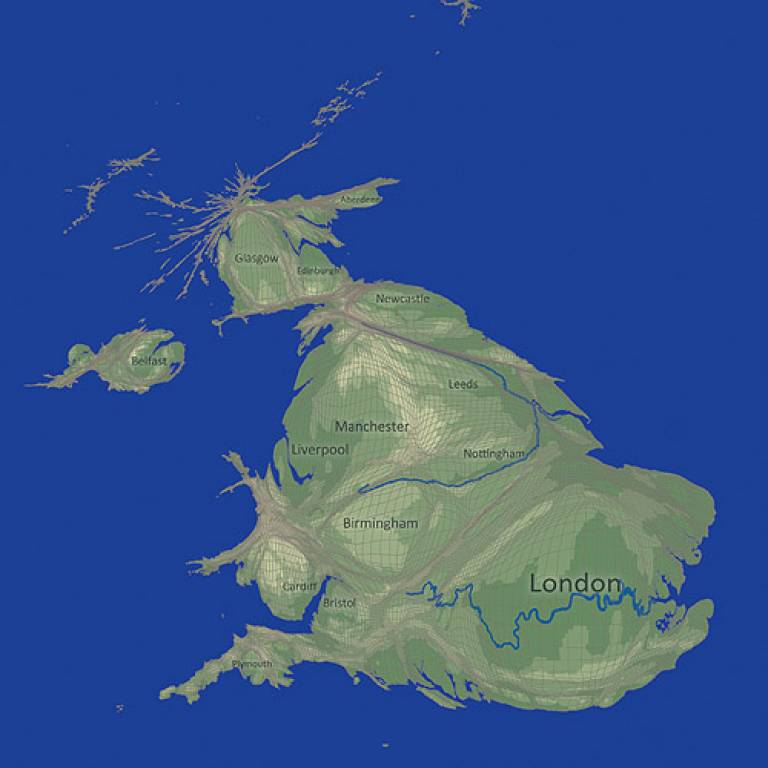Demographic trends and consumption patterns are threatening the UK environment
23 February 2011
Links
 rcep.org.uk/reports/29-demographics/29-demographics.htm" target="_self">Royal Commission report on demographic trends and consumption patterns
rcep.org.uk/reports/29-demographics/29-demographics.htm" target="_self">Royal Commission report on demographic trends and consumption patterns
UCL researchers have contributed to the Royal Commission report on Environmental Pollution, which calls for a step-change in efforts to reduce consumption and waste generation by individuals and households to protect the UK environment.
The report by the Commission, whose members include Professors Maria Lee and Joanne Scott (UCL Laws) asserts that a focus on total population ignores where people live and work, and that regional development policy and the planning system are potentially much more effective ways of protecting the environment.
As people have become steadily more affluent, consumption has tended to increase substantially. National income has more than doubled in the last forty years, while the population has grown by only ten per cent.
In particular, the demand for new housing and related development as a result of demographic change will increasingly come up against environmental constraints in some parts of the country. The constraints can be managed but at a significant economic and environmental cost, say the authors. The government should compare these costs with the cost of enhanced incentives to encourage development in areas facing fewer constraints.
Professor Joanne Scott said: "We've identified a real need for a more open and rational discussion about demographic change in the UK, and in particular about the environmental impacts of demographic change. We hope our study will provide a starting point for this discussion. Government has not given adequate attention to the implications of demographic change for the environment. Unless the issues are addressed urgently there is a substantial risk of costly problems emerging in the next few decades."
Professor Maria Lee added: "It is not primarily the size of the population that should be taken into account when considering the environmental impact of demographic change in the UK. More important are factors such as household size, the age structure of the population and where people live. The environmental impact of the population depends to a much greater extent on the amount people consume rather that the number of people - there needs to be an urgent step-change in Government's efforts to increase resource use efficiency to decouple consumption from environmental impacts."
Professor Mark Tewdwr-Jones (UCL Bartlett School of Planning) was one of the contributors to the report, which concludes that, given there is little government can do to have any real effect on the size of the population over the next 40 years, their focus should instead be on improving resource use and influencing consumption patterns in order to reduce environmental impacts.
Image: Detail from the cover of the Royal Commission report
Related news
Watch: Ecocide - the fifth crime against peace?
UCL Hong Kong conference reflects global nature of climate change challenge
 Close
Close

